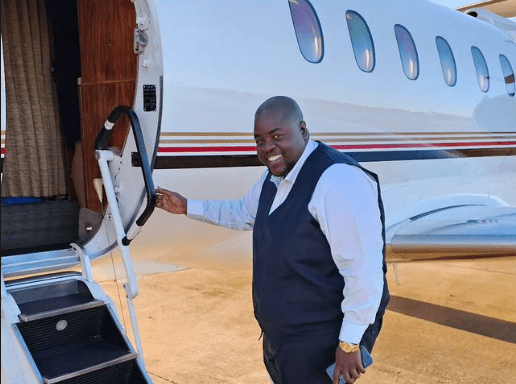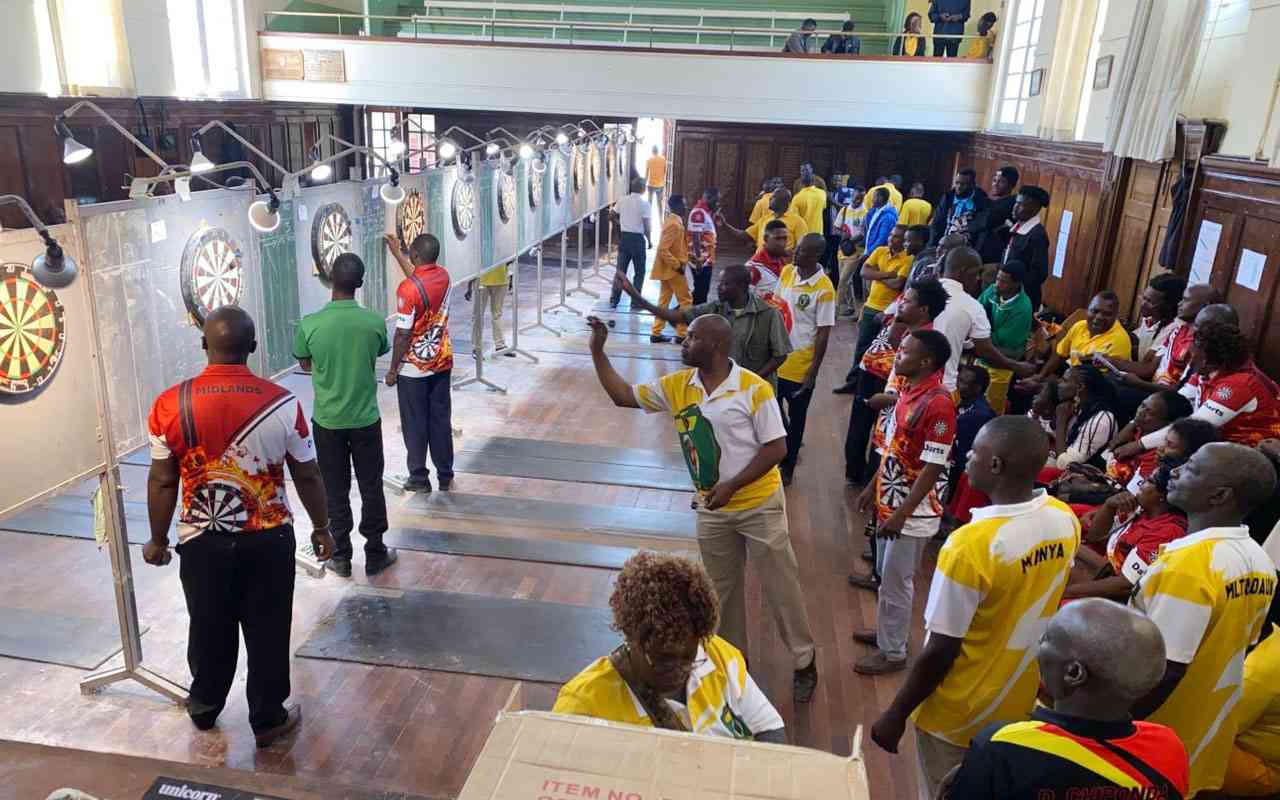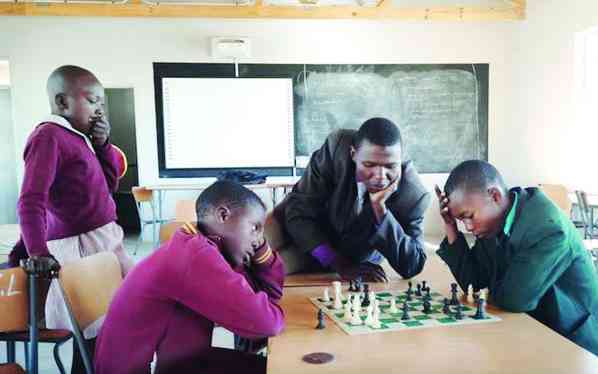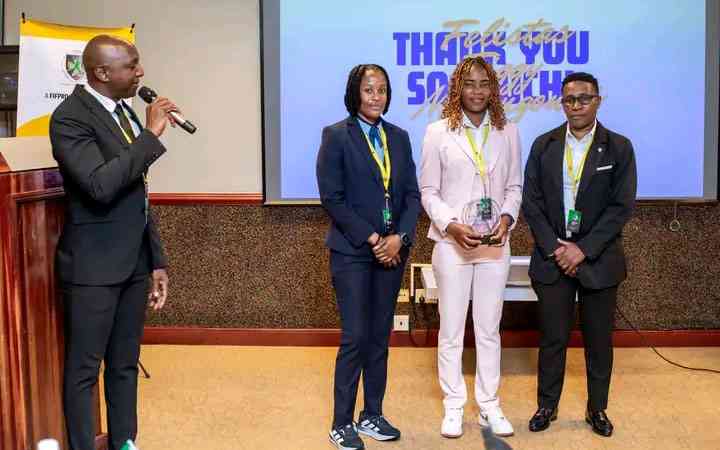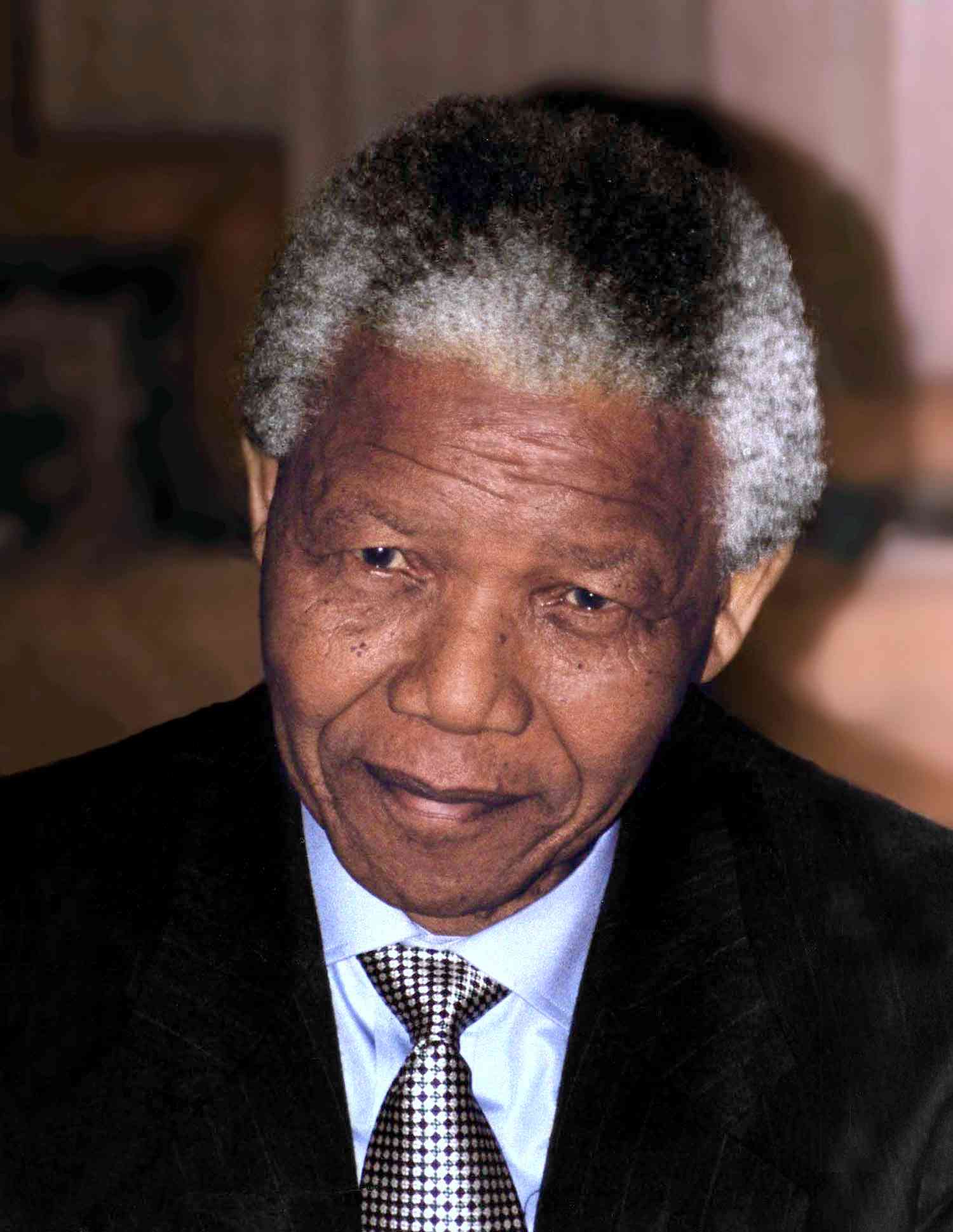
There are certain communities who believe that the way to solve the country’s problems is to have a braai. Anthony Bourdain, a celebrated chef, declared that a "Barbecue (braai) may not be the road to world peace, but it's a start" while someone else stated that a “Barbecue is the social glue that brings people together."
Melissa Cookston, a seven-time world barbecue champion (so someone who should know!) claimed that a “Barbecue is an experience that goes beyond taste.
It's about creating memories and moments." Here in this country, we do not need to be told this; we know it!
Interestingly, those who think that are probably the same people who also think that the male is the braai expert, as per the following piece written about how to have a braai. “When a man volunteers to do the braai, the following takes place.
The woman buys the food. The woman then makes the salad, prepares the vegetables, and makes dessert.
The woman prepares the meat for cooking, places it on a tray along with the necessary cooking utensils and sauces, and takes it to the man who is lounging beside the grill, beer in hand.
Then comes the important part: the man places the meat on the grill.
At this point, the woman goes inside to organise the plates and cutlery. The woman comes out to tell the man that the meat is burning.
- School of sport: MAN UNITED IN GLORY
- CAPS United dismiss player strike reports
- CAPS United rob Wha Wha
- Top hip-hop stars invade Harare
Keep Reading
He thanks her and asks if she will bring another beer while he deals with the situation. The man takes the meat off the grill and hands it to the woman.
The woman prepares the plates, salad, bread, utensils, napkins, sauces, and brings them to the table. After eating, the woman clears the table and does the dishes.
Everyone praises the man and thanks him for his cooking efforts.
The man asks the woman how she enjoyed 'her night off.'”
Such a man is not likely to win the minds, let alone the hearts of many, it is fair to say! It is interesting that the concept of winning hearts and minds has its roots in ending conflicts by other means than force, using emotional and rational pleas instead.
It was a concept that Nelson Mandela understood and employed when he was released from prison and began his long walk.
However, he specialised in one of those areas more than another. When faced with so many diverse racial, tribal, political, social groups, each with their own reasons to be concerned by his release and subsequent leadership, his approach was this: “You don’t address their brains. You address their hearts”.
Biographies show that Nelson Mandela spent many of his years in prison learning the history, language and culture of his oppressors, the Afrikaaners, so that he could come alongside them and ease their fears on his release.
He did not hold grudges against his captives and went out of his way to work on the hearts of the people to bring them all together.
While his supporters wished to rid the country of the strongest symbols of the apartheid regime (the Springbok logo, the rugby jersey, the national anthem), he kept them to bring those people together with him. He found the right address for them.
Such a philosophy is a powerful one that is also very much at the heart of customer service. In that regard therefore it is also something key that school sports coaches should follow; in one sense, sporting fixtures epitomise conflict and youngsters need to learn how to handle such situations, while a team will also be made up of youngsters from diverse abilities backgrounds, cultures, prejudices and attitudes.
The coach must win each player over by appealing to their heart more than their brain.
These are children, young impressionable children, whose future is being handed to the coaches.
The coach must ensure that he makes them feel respected, that he does not look down on them or judge them even; the children will never respond positively if the coach does not do that.
He must make them feel wanted, even (or especially) when they have a bad performance, when things go against them, when they feel under pressure. The coach must ‘mandela’ them!
Ron Kaufman, an American author, put it like this: “Convince people and you win their minds. Inspire people and you win their hearts.” It is not braais that will win the day; it is not even brains. It is hearts.
Mandela won the hearts of all people, even his hardened enemies, even to the point that the national rugby team, made up predominantly of Afrikaans players, wanted to win the Rugby World Cup for him.
The coach is responsible for customer service to the children; he must address the hearts of our youngsters.
If he wins them, then he has the chance of winning the matches.

